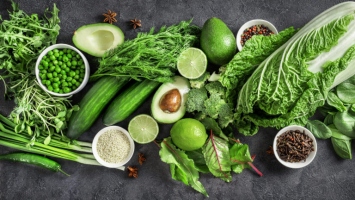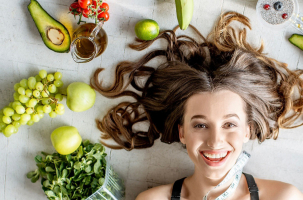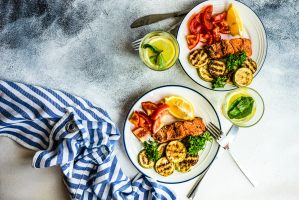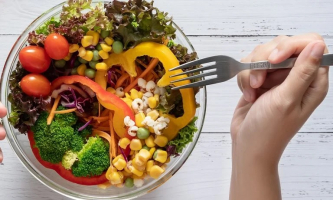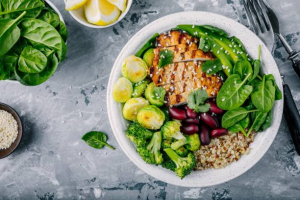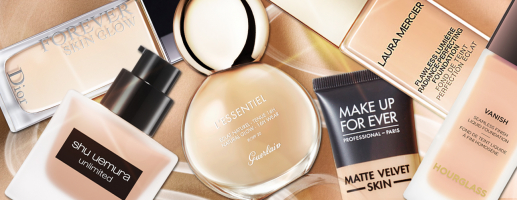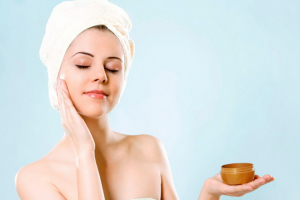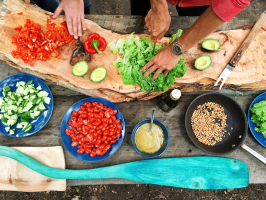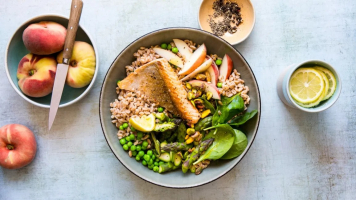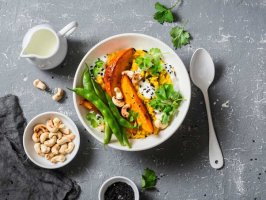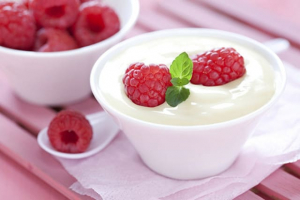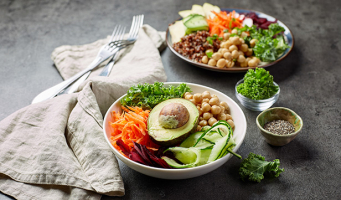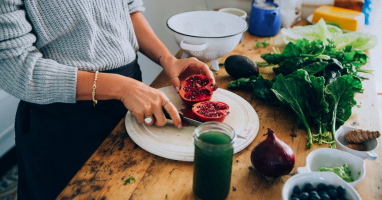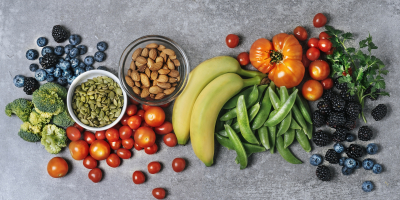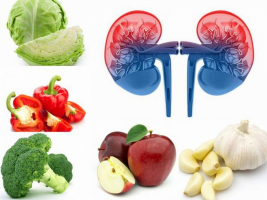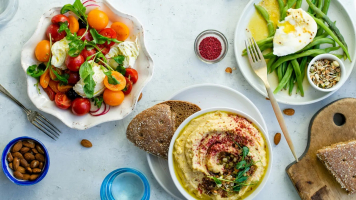Top 10 Best Foods for Healthy Skin
It is important to understand that good food and healthy skin are intimately connected. No matter how many costly products you use on your skin, you won't get ... read more...the results you want until you eat healthily. Below are the Top 10 Best Foods for Healthy Skin that you can refer to have helpful information!
-
Salmon, mackerel, and herring are high in omega-3 fatty acids, which are good for your skin. They're high in omega-3 fatty acids, which are essential for keeping skin healthy. Omega-3 fatty acids are essential for maintaining healthy skin that is thick, supple, and hydrated. In fact, a lack of omega-3 fatty acids can lead to dry skin.
Fish oil contains omega-3 fatty acids, which help to decrease inflammation and can cause redness and acne. They can even make your skin less vulnerable to UV radiation from the sun. Fish oil supplements have been shown in certain studies to aid with inflammatory and autoimmune skin disorders including psoriasis and lupus. Vitamin E, one of the most important antioxidants for your skin, is found in fatty fish. Getting adequate vitamin E is essential in protecting your skin from free radical damage and inflammation. This type of seafood is also a good source of high-quality protein, which your skin needs to be strong and healthy. Finally, fish is high in zinc, which is necessary for regulating inflammation, overall skin health, and the production of new skin cells. Skin irritation, lesions, and delayed wound healing are all symptoms of zinc deficiency.
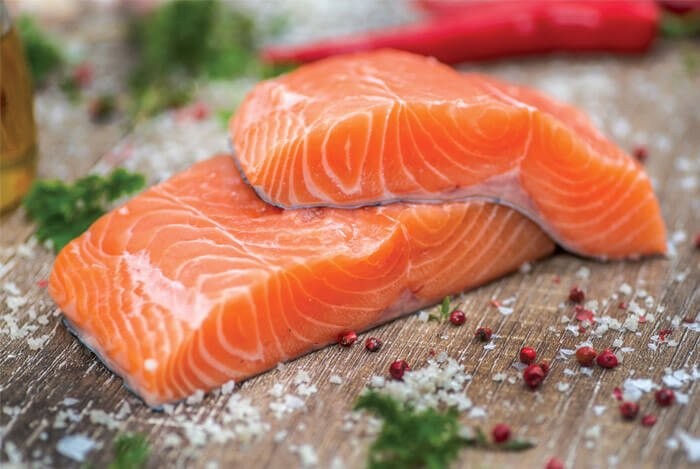
Fatty fish 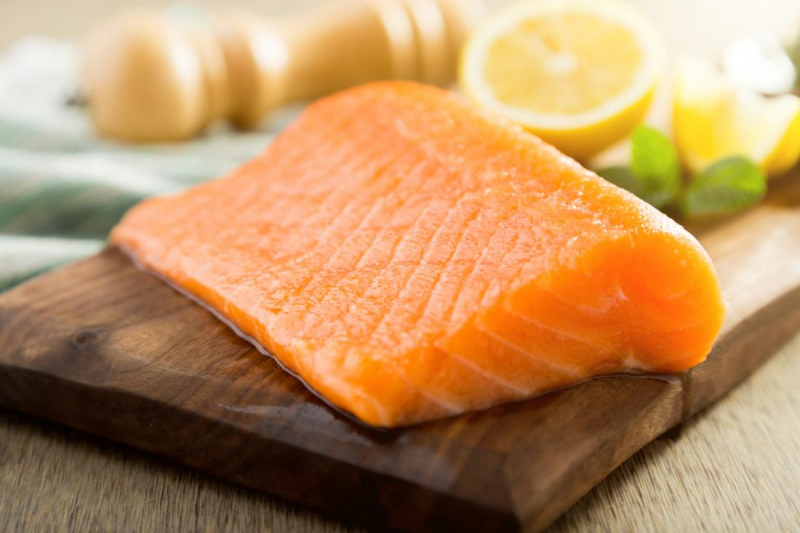
Fatty fish -
Avocados provide a lot of healthy fats. Many functions in your body, including the health of your skin, are aided by these fats. It's critical to consume enough of these fats to maintain skin flexible and moisturized.
Large research involving over 700 women found that a high total fat intake — especially the types of healthy fats found in avocados — was linked to supple, springy skin. Avocados also contain components that may help protect your skin from UV damage, according to preliminary studies. Wrinkles and other signs of aging can be caused by UV damage to your skin. Avocados are also high in vitamin E, an essential antioxidant that helps protect your skin from oxidative. Vitamin E is more effective when combined with vitamin C. Vitamin C is also necessary for good skin. It's necessary for your skin to produce collagen, which is the key structural protein that keeps it strong and healthy. Vitamin C insufficiency can cause dry, rough, and scaly skin that bruises easily. Vitamin C is an antioxidant that protects your skin from oxidative damage produced by the sun and the environment, which can cause aging signs. A 100-gram serving (about 1/2 an avocado) contains 14% of the Daily Value (DV) for vitamin E and 11% for vitamin C.
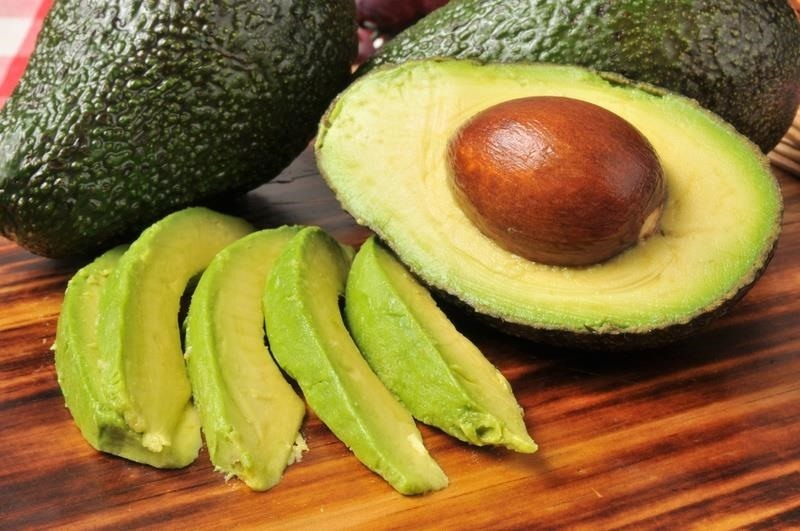
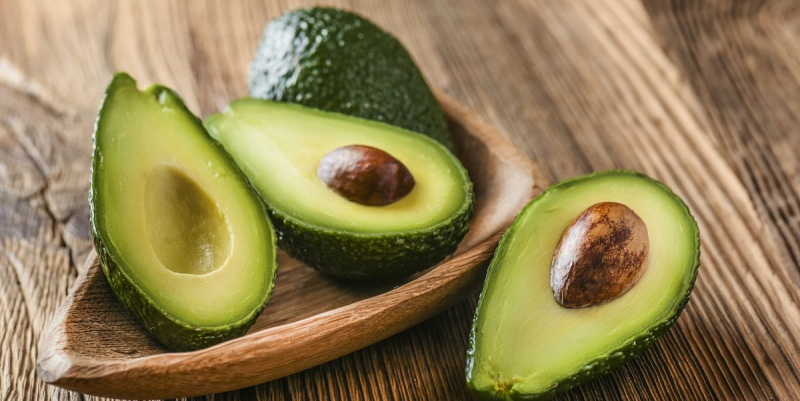
Avocados -
Walnuts contain a number of characteristics that make them an ideal diet for maintaining skin health. They're a good source of vital fatty acids, which your body can't produce on its own.
In fact, they contain more omega-3 and omega-6 fatty acids than most other nuts. Inflammation, particularly inflammatory skin conditions like psoriasis, can be worsened by a diet high in omega-6 fats. Omega-3 fats, on the other hand, decrease inflammation in your body, including your skin. Omega-6 fatty acids are rich in the Western diet, whereas omega-3 fatty acid sources are scarce. Walnuts may help fight the inflammatory response to excessive omega-6 since they have a healthy ratio of these fatty acids. Walnuts also include additional nutrients that your skin requires to function properly and stay healthy. Walnuts contain 8% of the daily value for zinc in one ounce (28 grams). Zinc is required for your skin's barrier function to work properly. It's also required for wound healing as well as the fight against infections and inflammation. Walnuts are also high in the antioxidants vitamin E and selenium, as well as 4–5 grams of protein per ounce (28 grams).
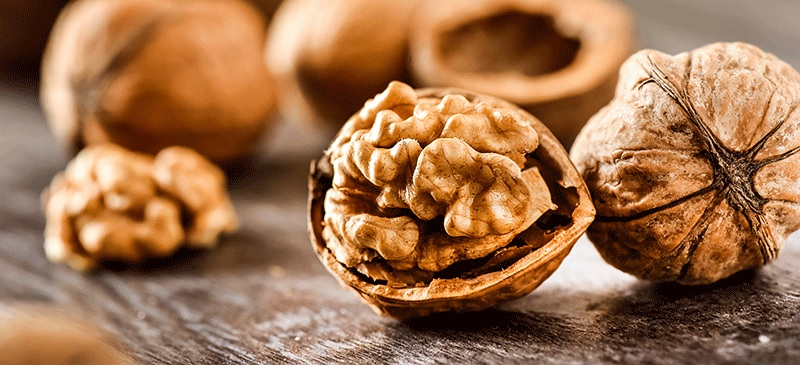
Walnuts 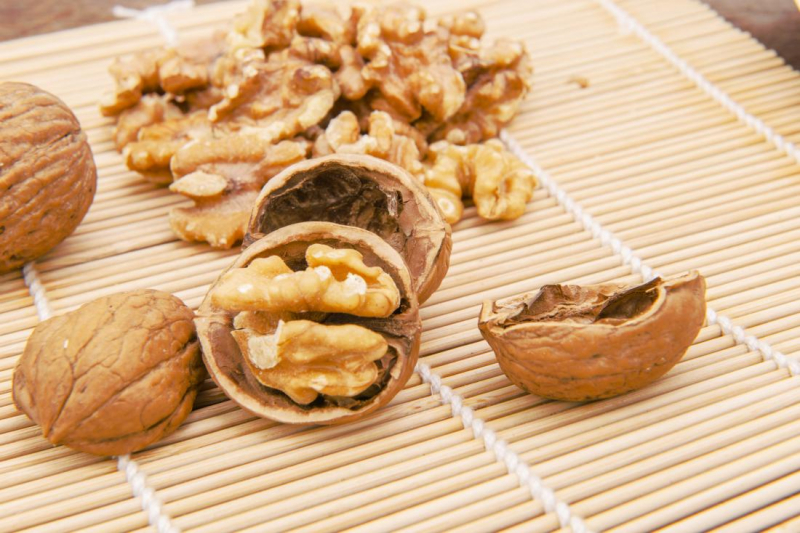
Walnuts -
Nuts and seeds, in general, are good sources of skin-boosting nutrients. Sunflower seeds are a great example of this. Sunflower seeds are a good source of vitamin E. Sunflower seeds include 49% of the daily value for vitamin E, 41% of the daily value for selenium, 14% of the daily value for zinc, and 5.5 grams of protein per ounce (28 grams).
Although sunflower seeds have been used in many cuisines and medicines for centuries, it is only recently that people have begun to recognize their beauty benefits. The benefits of sunflower seeds are numerous, ranging from preserving your skin from oxidative damage to providing you with voluminous and healthy hair. Sunflower seeds may be added to your daily smoothies, salads, or just chewed as a snack to see the difference this highly nutritious food item makes on your skin, hair, and overall health.
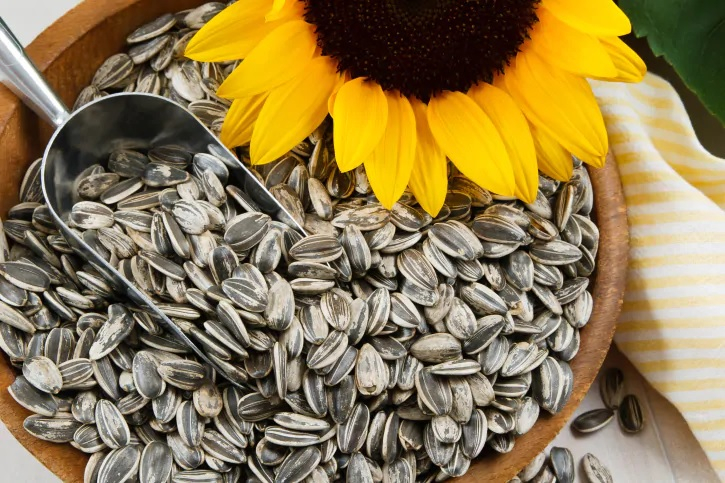
Sunflower seeds 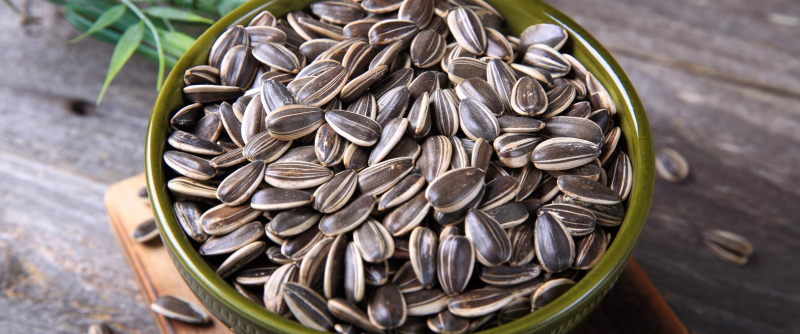
Sunflower seeds -
Sweet potatoes are a good source of beta carotene, a nutrient found in plants that works as a provitamin A, so it may be turned into vitamin A in the body. One 1/2-cup (100-gram) serving of sweet potatoes provides more than six times the daily value of vitamin A.
Beta carotene and other carotenoids work as natural sunblocks, which help to keep your skin healthy. When this antioxidant is consumed, it is absorbed into your skin and helps to protect your skin cells from the sun. This may aid in the prevention of sunburn, cell death, and wrinkled, dry skin. Sweet potatoes are also high in vitamin C and vitamin E, which are both essential for maintaining healthy, supple skin. Vitamin C aids in the production of collagen, which tightens the skin. Sweet potato's antioxidants are also responsible for a natural sheen.
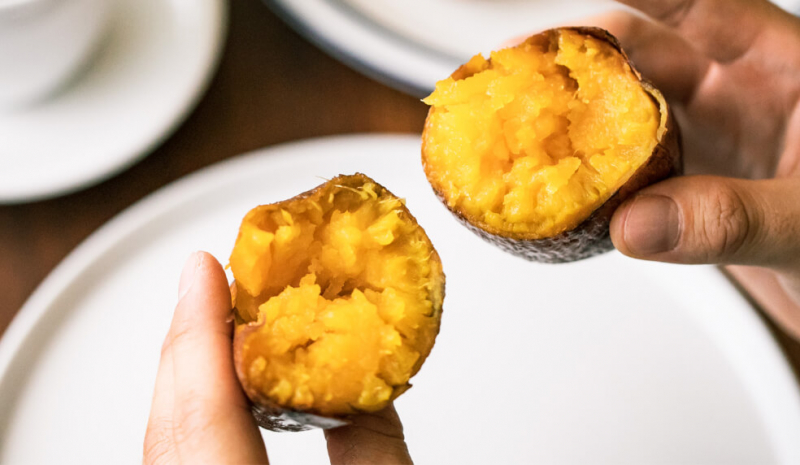
Sweet potatoes 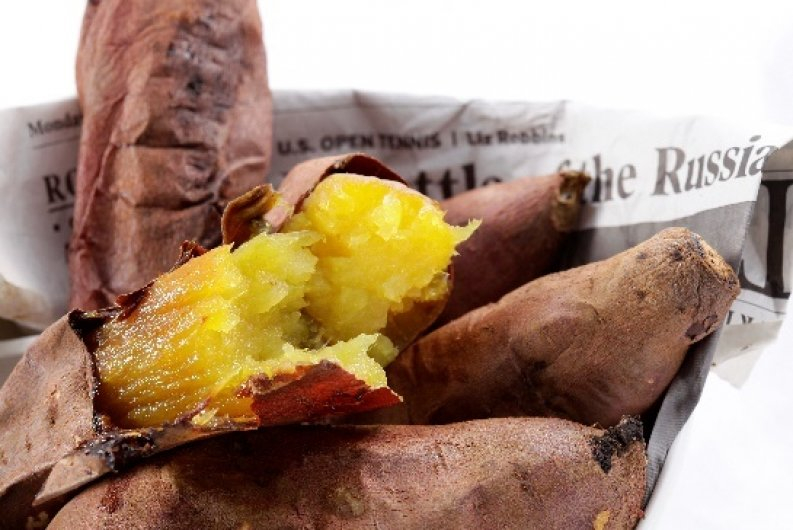
Sweet potatoes -
While all vegetables are good for your skin, yellow bell peppers are particularly healthy due to their high vitamin C concentration. 569% of your daily value is found in just one yellow bell pepper. Women who ate a lot of yellow vegetables had fewer wrinkles than women who didn't eat them, according to a study published in 2010.
Bell peppers, like sweet potatoes, are high in beta carotene, which your body converts to vitamin A. One cup (149 grams) of chopped red bell pepper provides 156% of the daily value for vitamin A. They're also high in vitamin C, making them one of the greatest sources. This vitamin is required for the production of collagen, a protein that maintains skin firm and strong. A single cup of bell pepper (149 grams) has 211% of the daily value for vitamin C. Vitamin C also has antioxidant properties, which means that consuming it can help you get the most out of your sunscreens, decrease wrinkles, and prevent dry skin. A large observational study of women found that eating a lot of vitamin C reduced the risk of wrinkled and dry skin as they got older.
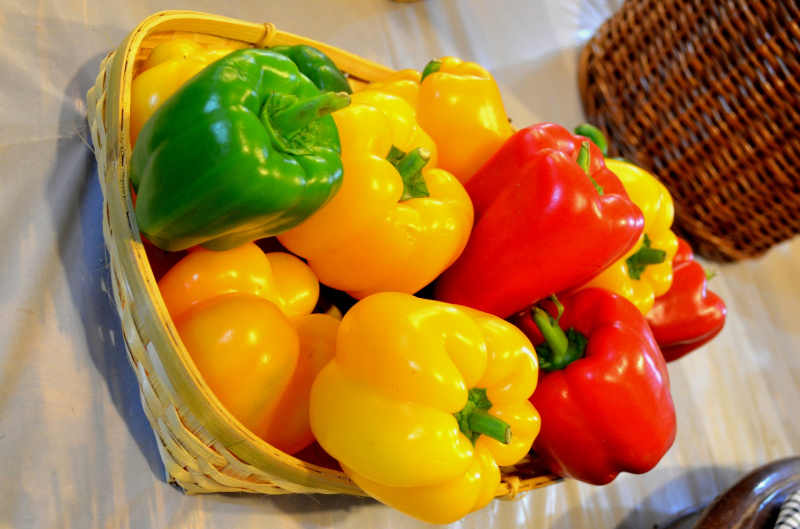
Red or yellow bell peppers 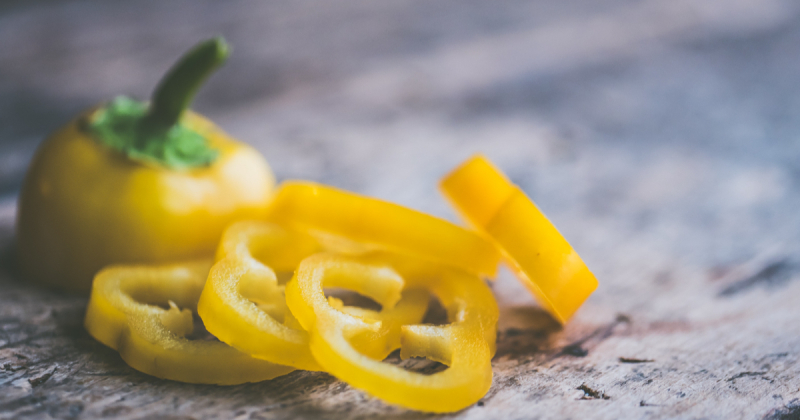
Red or yellow bell peppers -
Broccoli contains many vitamins and minerals that are beneficial to skin health, such as zinc, vitamin A, and vitamin C. Lutein, a carotenoid similar to beta carotene, is also present. Lutein protects your skin from oxidative damage, which causes the skin becomes dry and wrinkled.
Broccoli florets, on the other hand, contain a special component called sulforaphane, which has a long list of possible health benefits. It may even have anti-cancer properties, such as in the instance of some types of skin cancer. Sulforaphane is also a potent antioxidant that protects against sun damage. It acts in two ways: it neutralizes harmful free radicals and stimulates your body's other protective systems. Sulforaphane decreased the number of skin cells destroyed by UV radiation by as much as 29% in laboratory tests, with protection lasting up to 48 hours. Sulforaphane may also help maintain collagen levels in your skin.
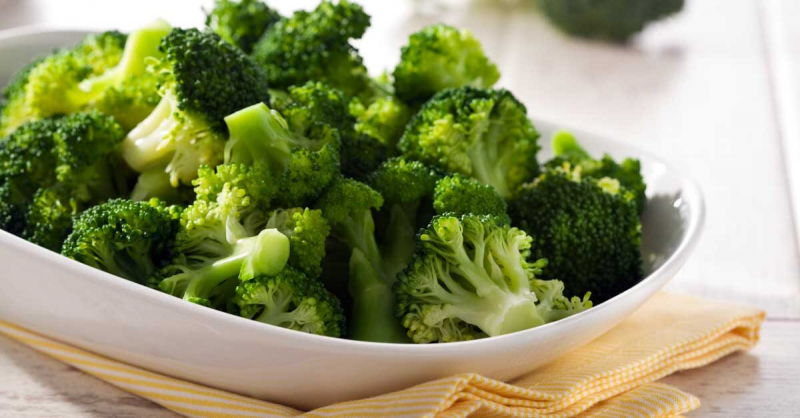
Broccoli 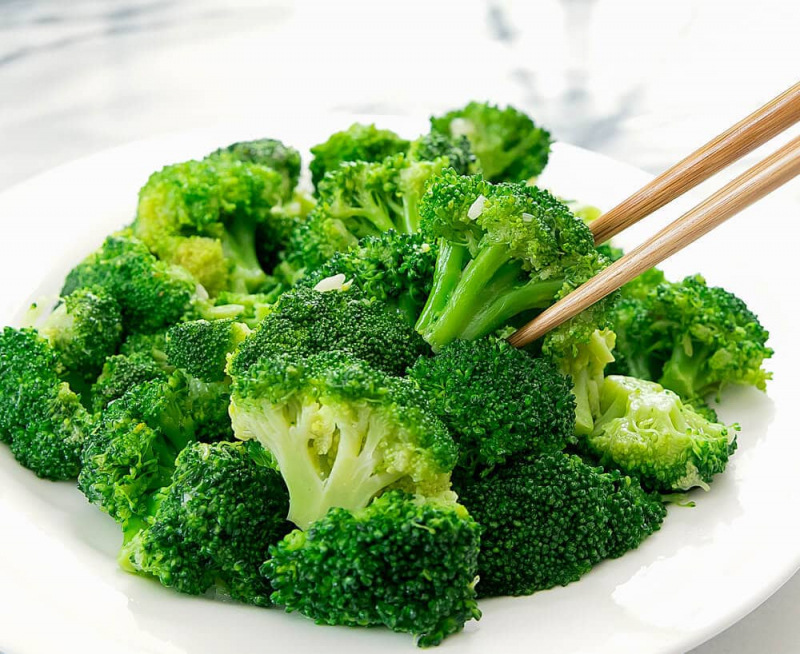
Broccoli -
Tomatoes include all of the main carotenoids, including lycopene, and are a good source of vitamin C. The antioxidants beta carotene, lutein, and lycopene have been demonstrated to protect your skin from UV damage. Tomatoes, according to research, act as a natural sunscreen because they contain the antioxidant lycopene, which protects the skin from the harmful effects of ultraviolet (UV) radiation. Tomatoes are high in antioxidants, such as vitamin C, so eating them can help lower the number of cell-damaging free radicals in your body and give you younger-looking skin. Tomatoes prevent fine lines and wrinkles by fighting cellular damage and maintaining hydration. Tomatoes are a great fruit for anti-aging because of their feature.
You can drink tomato juice or apply it topically if you have open pores on your skin. When applied to the skin, tomato juice can be used as an astringent. Simply combine one teaspoon of tomato juice with four to five drops of lemon juice and apply to your face. To shrink the open pores, rinse with lukewarm water.
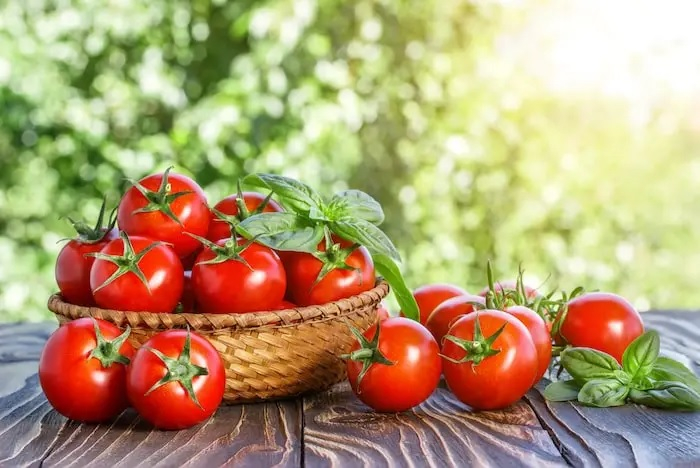
Tomatoes 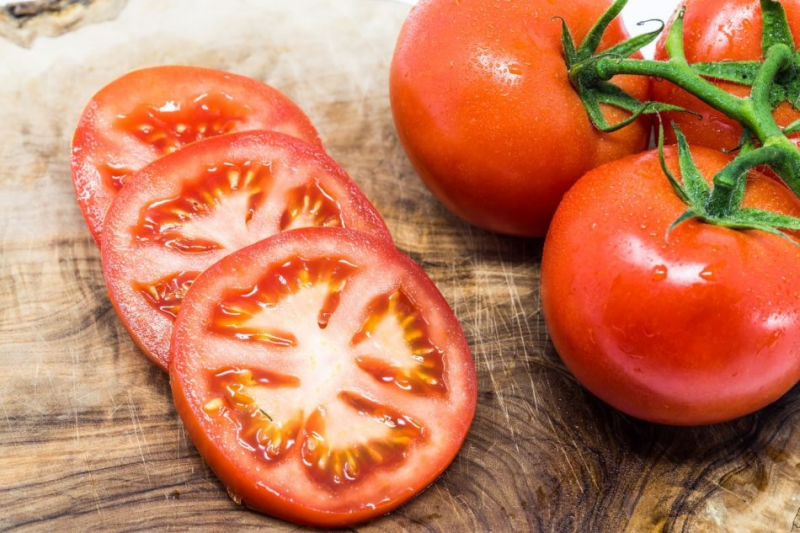
Tomatoes -
Isoflavones, which are antioxidant chemicals found in soy, may have a role in reducing the appearance of skin aging. As a result, including soy-rich foods like tofu and soy milk in your diet might help reduce the appearance of dullness and wrinkles, resulting in a smoother, more youthful appearance. In one small study, consuming soy isoflavones every day for 8–12 weeks reduced fine wrinkles and increased skin elasticity in middle-aged women.
Soy may also help maintain your skin smooth and strong in postmenopausal women by reducing skin dryness and increasing collagen levels. These isoflavones not only protect your body's cells from harm but also your skin from UV radiation, effectively reducing your risk of skin cancer.
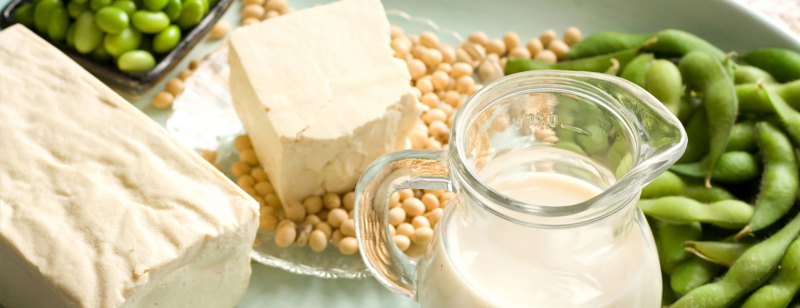
Soy 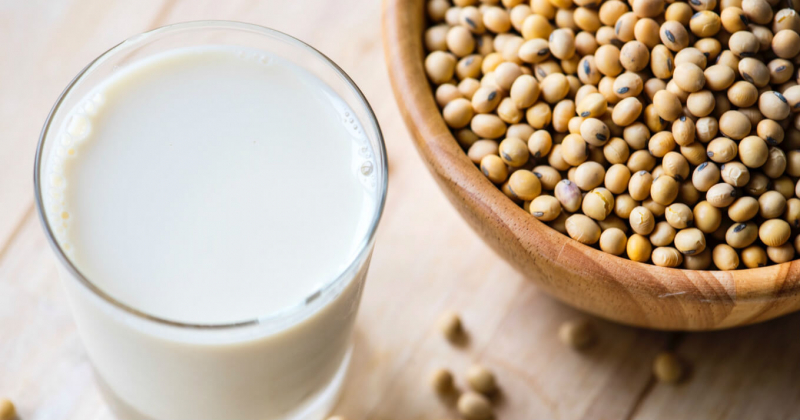
Soy -
The benefits of cocoa on the skin are astounding. Participants in one study reported after 6–12 weeks of daily use of an antioxidant-rich cocoa powder, their skin becomes thicker, more moisturized. Their skin was also less rough and scaly, less sunburn-prone, and had improved blood flow, which means more nutrients were supplied to their skin.
Another study indicated that consuming 20 grams of high-antioxidant dark chocolate per day might help your skin to withstand twice as much UV radiation before burning as low-antioxidant chocolate. Several additional studies have found similar results, including a reduction in wrinkle appearance. To maximize the benefits and keep added sugar to a minimum, choose dark chocolate that has at least 70% cocoa
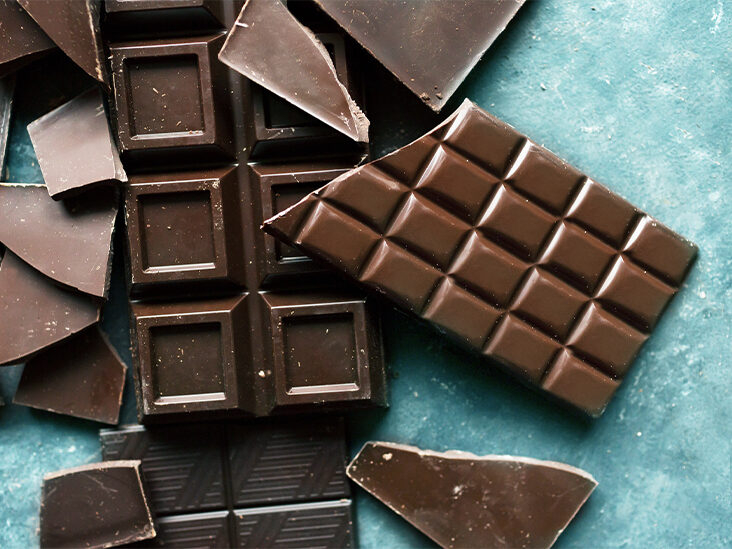
Dark chocolate 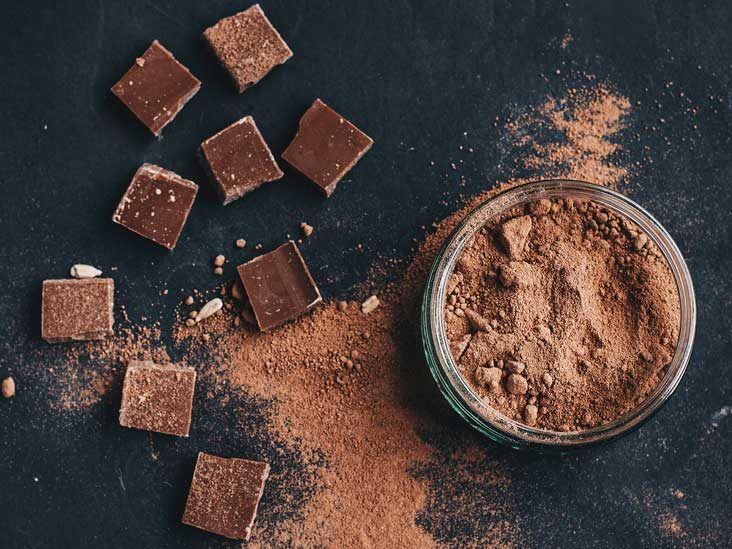
Dark chocolate













